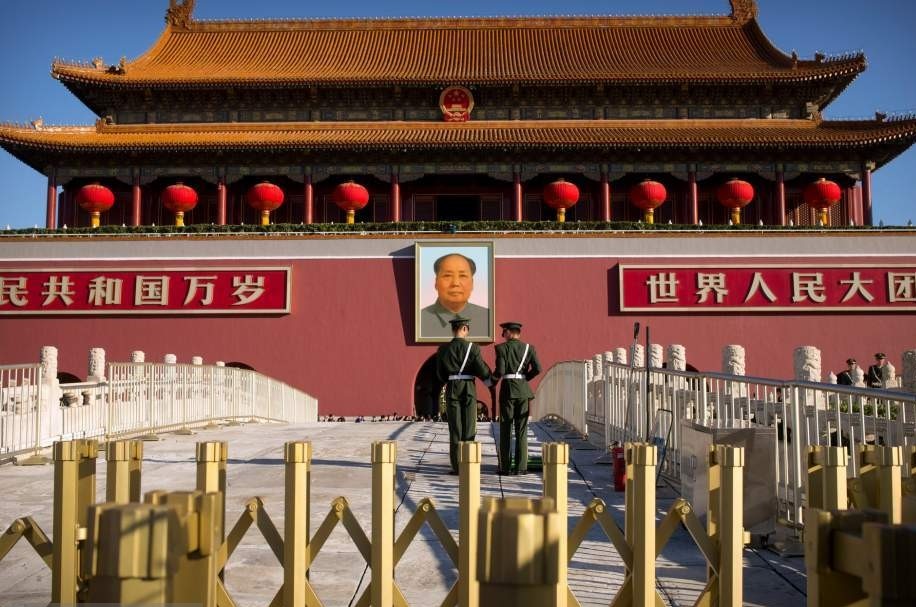
Has China Overstretched Its Reach?
Tue, 20 Oct 2020 | Reading Time: 5 minutes

Whenever a nation goes against global norms and regulations, the world unites to challenge it. Appeasement to aggressive actions has always enhanced global threats. It is more pronounced when the nation is a habitual liar and seeks to hide its follies by exploiting global norms. Such a situation invariably occurs when the country is controlled by a dictator or someone with a similar level of power and control. This happened when Hitler annexed Czechoslovakia and militarized Rhineland and is currently the status of China and North Korea. On the contrary, when a nation follows global norms and supports other countries in need, the world unites to back it. This is the reason why India and Taiwan continue to enjoy global support.
Articles in Chinese media networks and the recent address by Imran Khan at the UN General Assembly, accusing India of adopting the Hindutva approach and seeking to create an ‘Akhand Bharat’ intending to integrate all its claimed territories including POK, Gilgit Baltistan and Aksai Chin have fallen on deaf ears. The words of PM Modi, on multiple occasions, the last being in Ladakh, stating that India has never desired territories of other nations nor will it sacrifice an inch of its own, has been globally registered, despite calls to the contrary.
China is currently alone, battling global anger for multiple instances of breaking unwritten rules. Dishonouring its agreement on Hong Kong which was backed by the UN, incarceration of millions of Uighurs, threatening Taiwan with war, claiming the territory of other nations in the South China Sea, advances in Ladakh, demanding tracts of land from Bhutan and hiding facts on the Corona Virus have made it the global pariah. Its perception that its economic might, the fulcrum of the global supply chain and vast military power would ensure that it can push nations into submission have been proved wrong.
Nations which would never unite to challenge China are doing so. Its allies are dwindling, economically it is losing power, its red lines are being crossed at will and militarily it is being challenged by the creation of alliances against it. Even regional groupings, with strong economies, which were unwilling to join the US bandwagon and supported ties with China are switching their policies and becoming part of anti-China coalitions, only to bring Chinese power down.
This was never the end state which China envisaged when it launched its wolf warrior diplomacy in mid-2019, sought global control by expanding the Belt Road Initiative (BRI) and suppressed information on the spread of COVID 19. Its presumption that preoccupation in controlling the spread of the virus would open doors for China to pursue its expansionist policies were proved wrong.
Wang Yi, the Chinese foreign minister, witnessed this first-hand when he visited the European Union (EU) last month. Four of the five nations he visited, questioned him on Hong Kong and Xinjiang. Nations expanded their interaction with Taiwan. There are demands for inclusion of Taiwan into the WHO against which China continues to protest. EU leaders dumped expanding trade ties with China and rejected accepting Huawei into their countries.
Germany, as the current head of the EU, proposed an Indo-Pacific policy to work around the Chinese influence. An article in The Diplomat of 03 September states, ‘Indo-Pacific guidelines foreground maritime security cooperation, human rights, and the diversification of Germany’s economic partnerships in the Indo-Pacific in order for it and regional partners to avoid unilateral dependencies.’ Chinese protectionist trade policies are also under question.
An article by Gautam Chikermane, titled, ‘EU-China relationship: the end of extramarital affairs,’ published in the ORF on 06 October states, ‘Until two years ago, the change in stance (against China) was small and incremental.’ He added, ‘From threatening every country around its borders, but its like-minded hyphenations, Pakistan and North Korea, to capturing United Nations institutions such as WHO recently, China has opened its mouth, bared its teeth and exposed its bad breath to the EU.’ EU was the only global grouping which had always maintained trade ties with China, despite its human rights abuses. It has now walked away for just the same reasons.
The QUAD was almost a non-entity with India refusing to enhance its interaction levels, unwilling to antagonize China. It even refused readmission to Australia in its exercises for the same reason. In a reversal of its stand, the QUAD has now been upgraded to the foreign ministers’ level and it’s firming into an anti-China alliance is evident. While militarizing the organization has yet to take shape, it is well on the way. Security agreements, which would never have happened under normal circumstances, are now on the rise, all aimed towards China.
This overestimation of its economic and military power as also diplomatic outreach has begun costing China dearly. The UN General Assembly Human Rights Committee meeting last week witnessed acrimonious statements by western nations versus those compelled to back China, due to financial compulsions. Pakistan and Cuba, representing nations bequeathed to China, defended its policies in Hong Kong. On the contrary, western nations criticized China on its treatment of minority groups, especially in Xinjiang and Tibet and expressed grave concern on the impact of new national security laws on human rights in Hong Kong.
How would this negative image impact China? China must regain global confidence, economic stability and its rightful place in the global community prior to attempting any offensive actions against India or Taiwan. Failure to do so would invite, apart from sanctions and discredit, a strong military grouping of nations against it. It could well be the story of Hitler and the Second World War being repeated, albeit with a difference, as the impact would be strong economic and diplomatic, with limited military actions. Any attempt to threaten the use of nuclear weapons could invite threats of mass global retaliation.
Taiwan and India are unwilling to accept Chinese hegemony and prepared to challenge it militarily, despite its growing power. They are receiving global support and fast delivery of military hardware to close the gap in technology. China, especially in Ladakh, has no option but to remain deployed in situ, something which it has never done in history and compelled to transport habitat and stocks from the mainland. This in itself is a defeat for the PLA.
The question which arises is whether China can restore its standing and global reputation in an early timeframe. An article in the CNN on 06 October, titled, ‘China’s global reputation plunges in the wake of the Coronavirus pandemic, Ben Westcott writes, ‘Of the 14 countries polled by Pew Research, everyone had a majority negative view of China.’ He backed this by stating, ‘The past two years have seen a wave of negative news for the Chinese government. Criticism of Beijing’s crackdowns on protesters in Hong Kong and mass internment of Muslim-majority ethnic groups in the Xinjiang region made headlines around the world.’ The world is witnessing a different face of China, a face it never wanted to see. To add to global antagonism is the wolf warrior diplomacy adopted by China.
To convert a negative environment into positive, especially as its mishandling of the Coronavirus pandemic led to global suffering and economic collapses is not an easy task. Chinese propaganda machinery, on the other hand, continues to project Chinese recovery and low rates of transmission, only confirming the global view that the virus was Chinese manufactured, and China hid details of the same from the WHO. Hence, instead of seeking to rectify its errors and faults, China is adding to global anger and hatred against it. This is damaging its reputation, rather than enhancing it.
For nations currently facing threat, there is a time cushion, prior to China pushing its claim lines forward. Being the global pariah and facing isolation on every front, China needs to first restore its status, justify its actions and regain its economic trade links, before acting like a bully. This can never happen while the Coronavirus pandemic continues to rage globally. Nor can it happen while global economies are struggling to recover. The earliest change in reputation and standing, provided China amends its economic and diplomatic approach, and the vaccine is available globally, maybe around 2022. Till then, China would continue fighting to regain its reputation, while only threatening its neighbours.
Disclaimer
The opinions expressed in this article are the author’s own and do not reflect the views of Chanakya Forum. All information provided in this article including timeliness, completeness, accuracy, suitability or validity of information referenced therein, is the sole responsibility of the author. www.chanakyaforum.com does not assume any responsibility for the same.
Chanakya Forum is now on . Click here to join our channel (@ChanakyaForum) and stay updated with the latest headlines and articles.
Important
We work round the clock to bring you the finest articles and updates from around the world. There is a team that works tirelessly to ensure that you have a seamless reading experience. But all this costs money. Please support us so that we keep doing what we do best. Happy Reading
Support Us




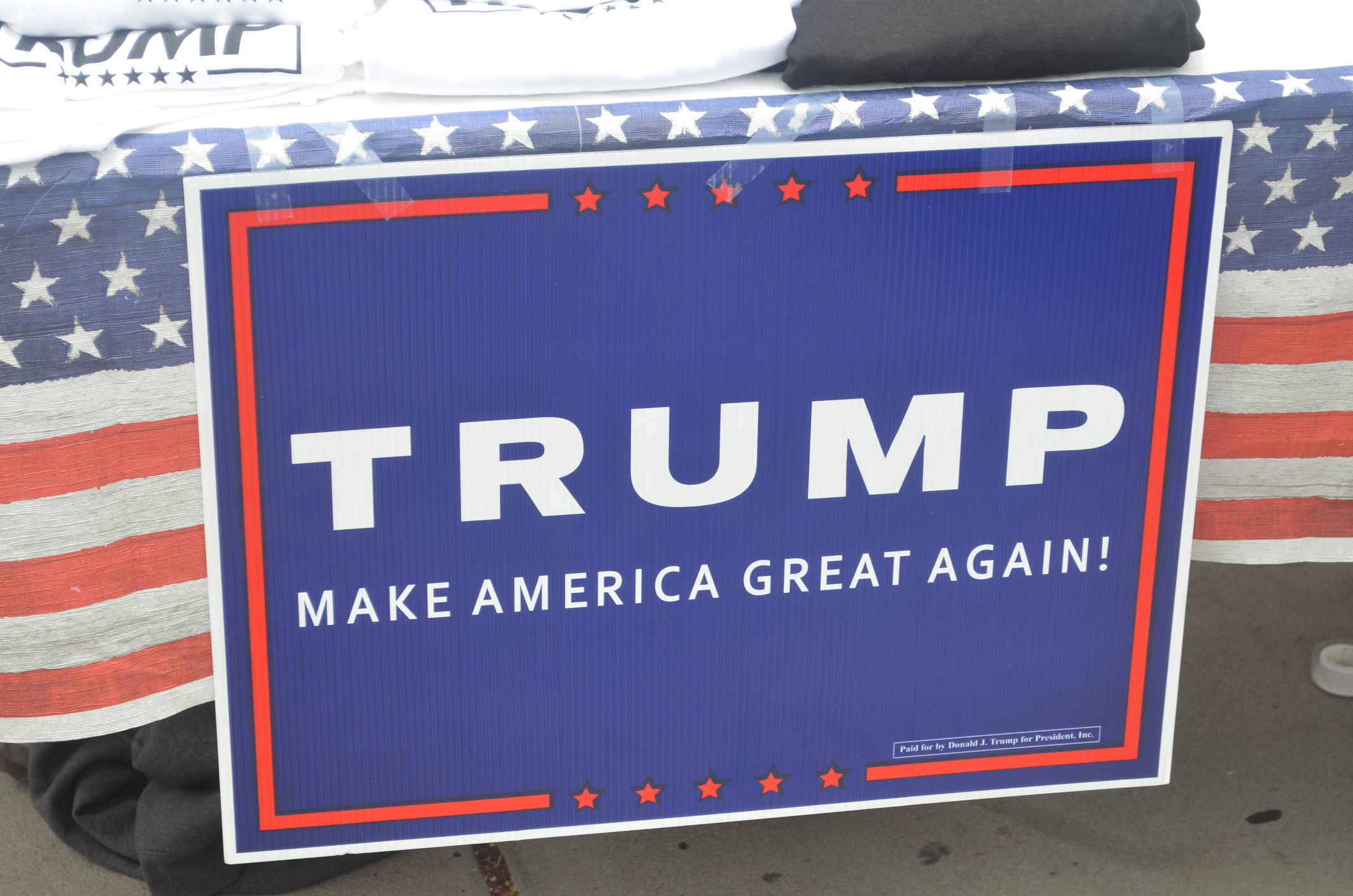
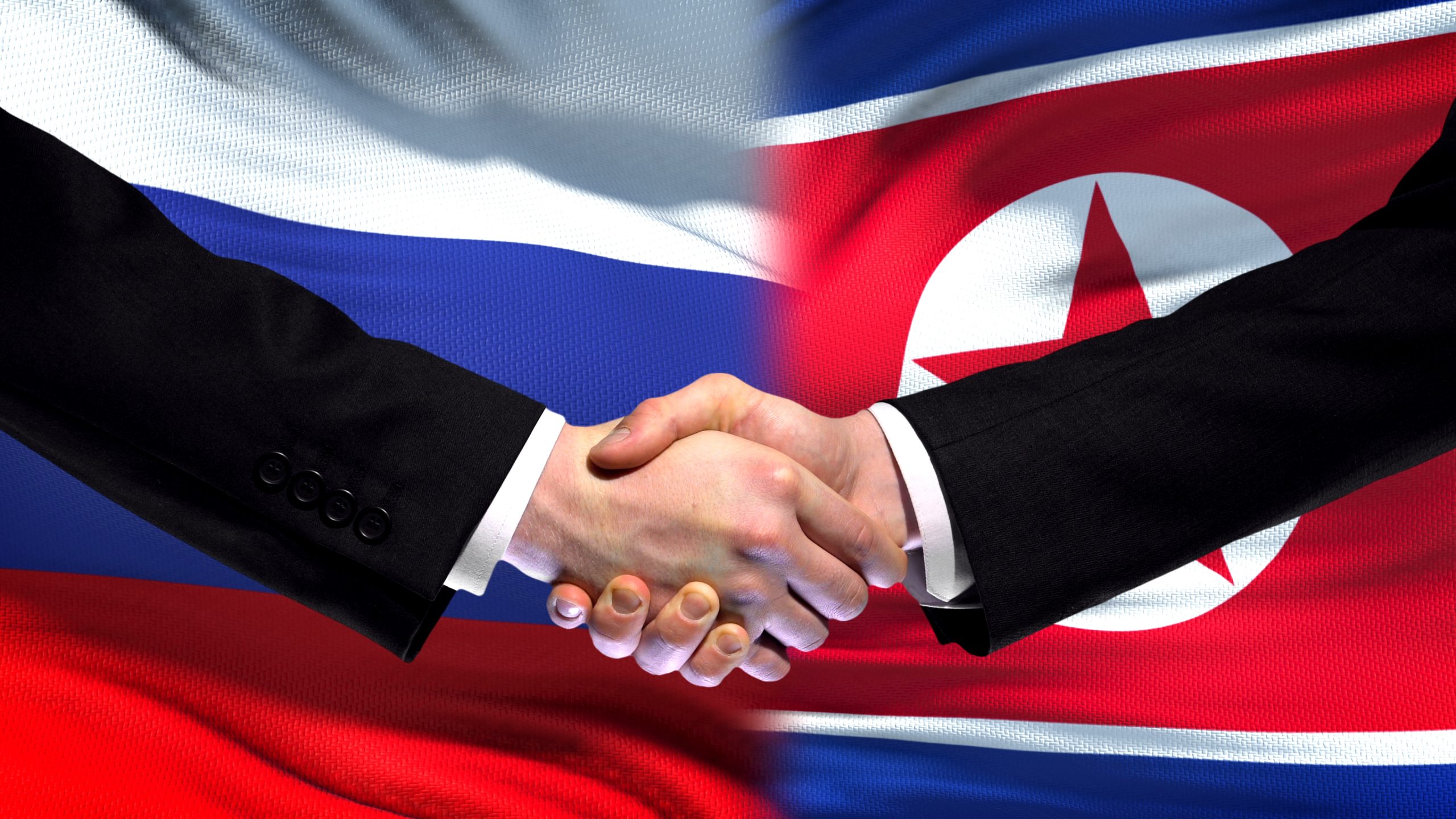
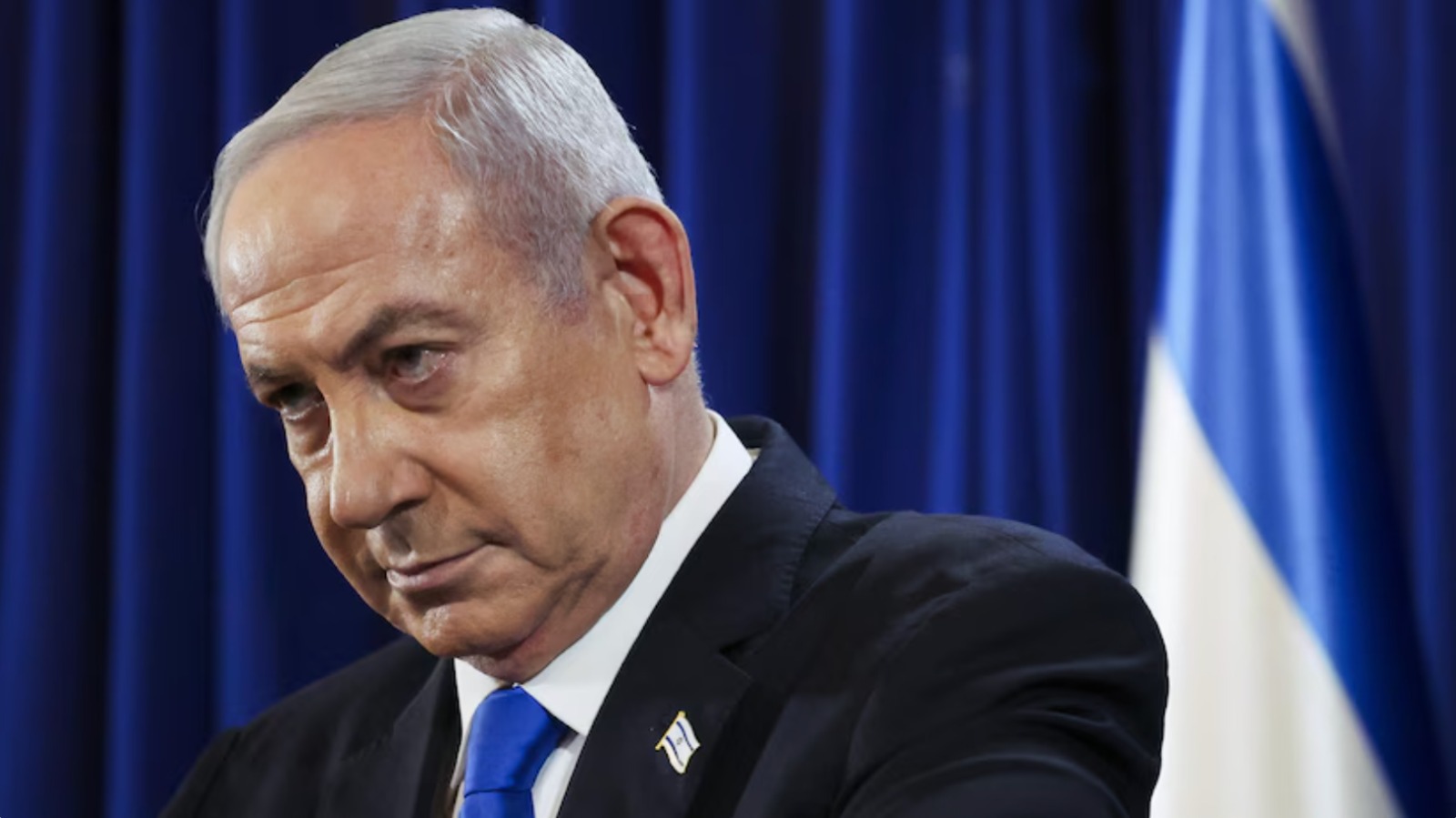
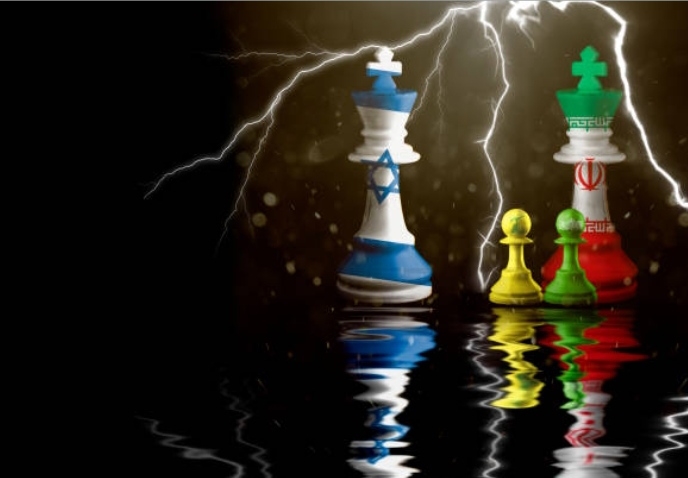

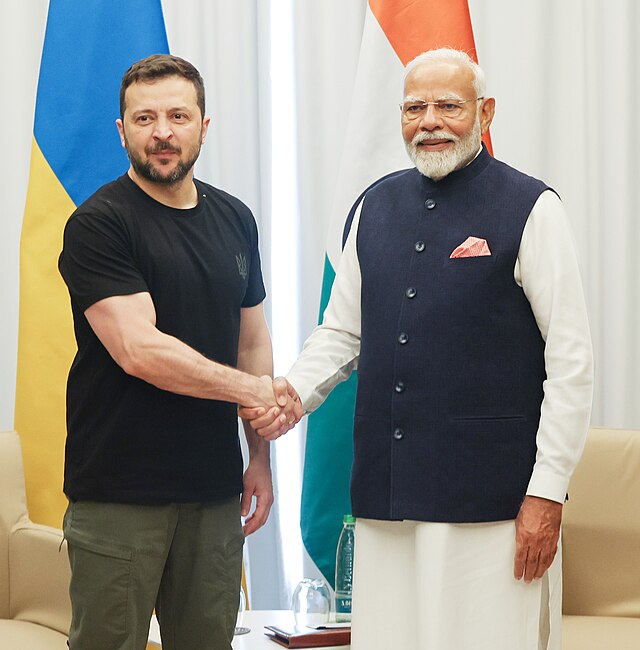
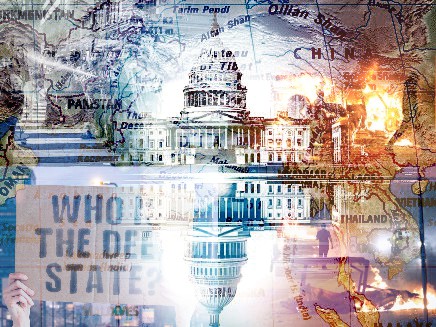
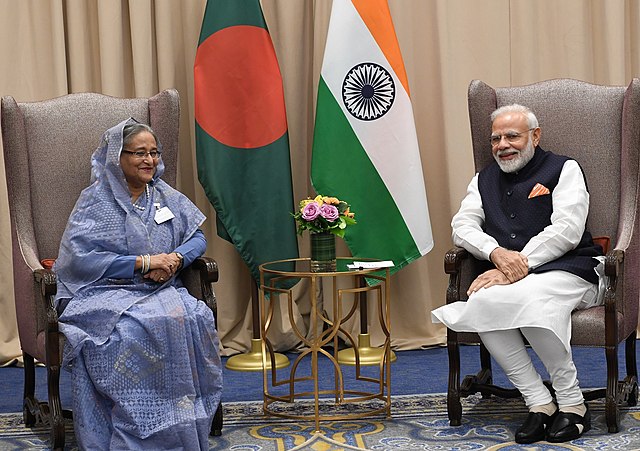
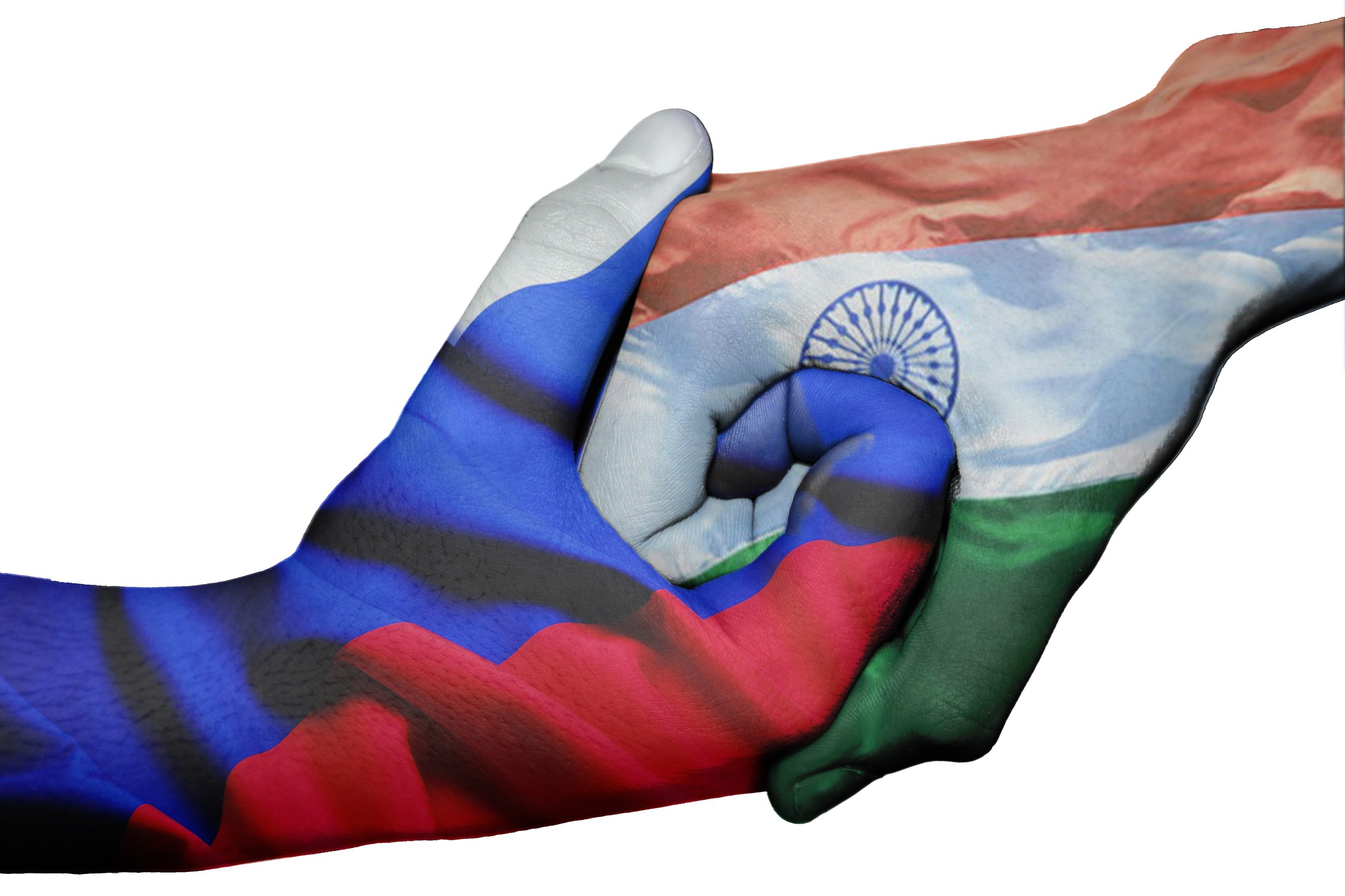
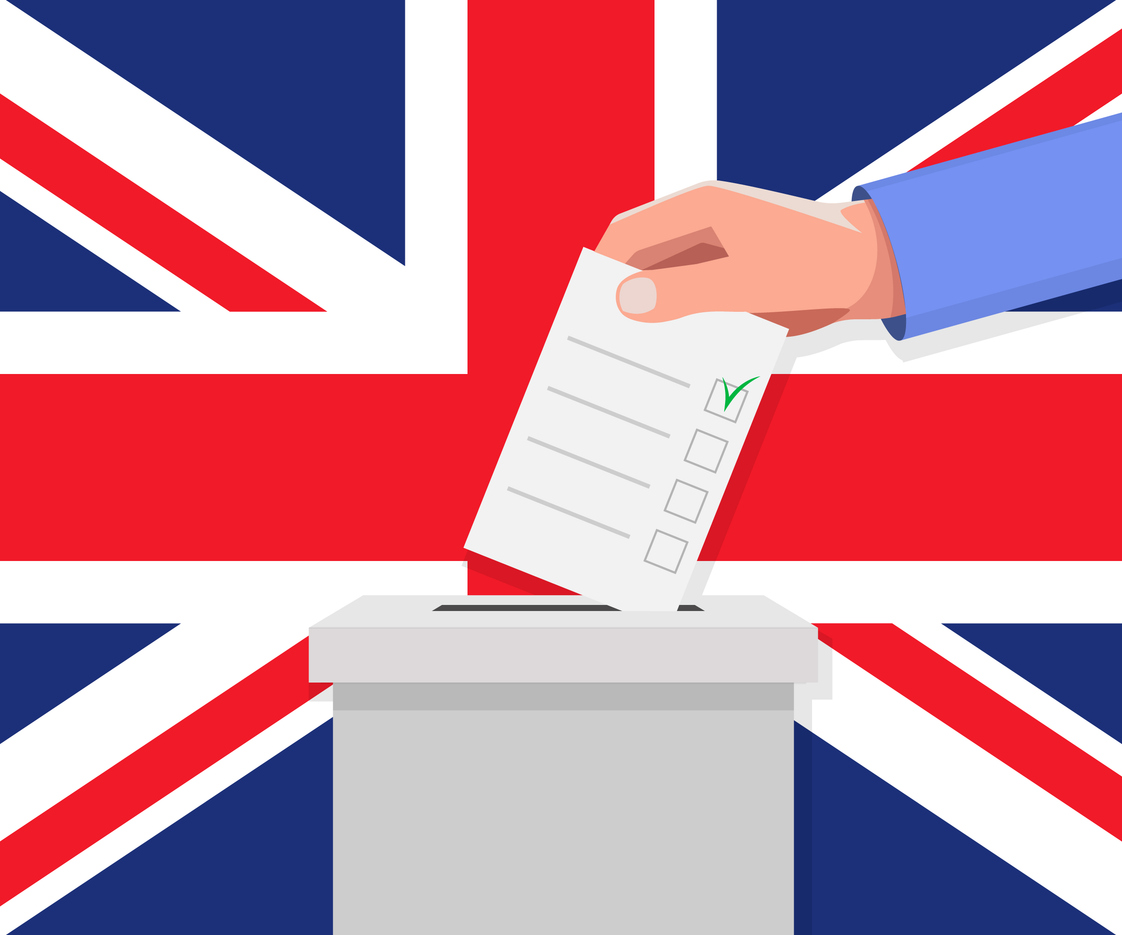






POST COMMENTS (0)